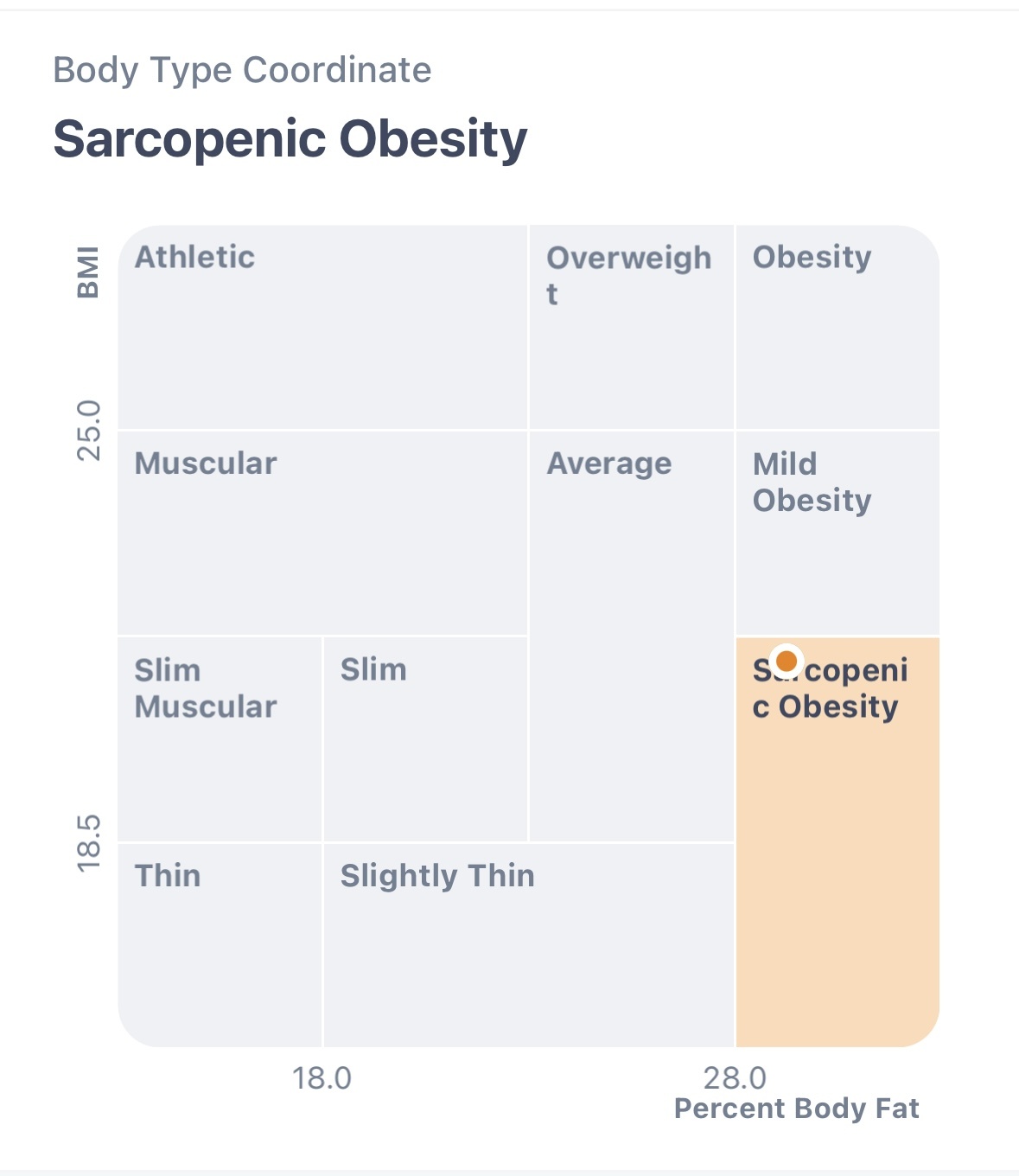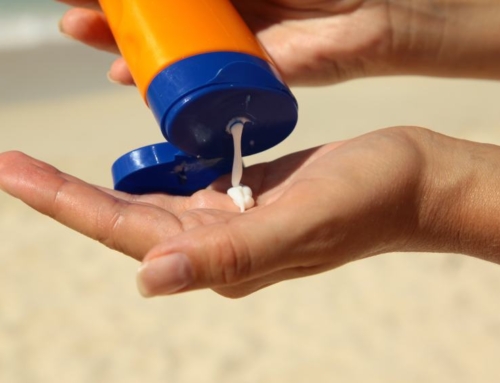The first time I heard “skinny fat” I was confused. How can someone that is skinny be fat? Just because you are skinny and have a normal body mass index (BMI) doesn’t mean you aren’t “skinny fat”. Why does this become important? People who are skinny fat are at increased risk of the following:
- High cholesterol
- Increased risk of Type 2 diabetes
- High blood pressure
- Heart disease
- Low bone mineral density
- Loss of cognition
According to studies, people who are normal weight but are metabolically unhealthy have three times the risk of heart disease as normal weight and metabolically healthy! Another study looking at women show a 10-20% increase in risk of a heart attack if they have abdominal fat rather than just heavier overall. Guess what…. Only 10-12% of Americans are considered metabolically healthy!!
READ ON to understand this further and what you need to do to fix this….
The term “skinny fat” refers to a person that is normal weight but has a high body fat percentage. This is often accompanied by a low muscle mass. Where is the fat if you can’t see it? It is around the organs and these people often have a little thicker midsection than would be expected for a person their height and weight. This type of fat is called visceral fat. Sarcopenic obesity is a form of skinny fat that specifically happens when we lose muscle as we age.
Now, let’s define metabolically healthy.
- Triglyceride levels: when you overeat the body stores the extra fat in a molecule called triglycerides. Certain type of sugars also get converted rapidly into triglycerides, too. A normal range of triglycerides should be less than 150 for non-fasting and ideally around 75 for fasting.
- Good HDL cholesterol: HDL is the good guy on your cholesterol panel. Men should have above 40 and women above 50.
- Blood pressure: normal blood pressure is 120/80
- Blood sugar: fasting blood sugar should be less than 100
- Excess abdominal fat
How do you become skinny fat?
- Lack of exercise: specifically, resistance training. Cardio doesn’t really help your muscle mass as much as strength training. I know. I know. You just have to do it!! The extra benefit is it helps maintain your bone strength, too!
- Diet: A poor diet can not only consist of eating too many processed foods and junk food but you can eat healthy and not eat enough. Very low calories contributes to muscle breakdown! If you are eating nothing but popcorn daily and super excited you have a good weight then you better step back and make some big changes!
Fun fact: Eating actually speeds up your metabolism especially with good protein. Just the act of digesting your foods accounts for up to 10% of your daily metabolism and when you eat the proper amount of protein it is even higher!
How do you know if you are “skinny fat”?
The best way is to get on a weight scale that gives you more information than just your weight. You need a scale that gives you your percent body fat. Healthy men range from 10-20% and women from 18-28%. Notice I didn’t say calculate your body mass index (BMI). Skinny fat people will have normal BMI’s!
If you find yourself in the “skinny fat” category then do these things today:
- Log your foods just for 3-4 days and get a feel for how many calories you are eating, what your carbs/protein/fat ratios are and if those are the correct amount for your energy expenditure. Make sure you are eating ENOUGH!
- Add resistance training to your workouts and do it regularly! Cardio is nice, but you won’t build muscle without resistance training.
- Timing of food can be helpful when trying to build muscle. Eating high quality protein within 30 minutes of a workout can be helpful. If you don’t have a dairy issue, whey protein can be very beneficial for this purpose!
Word of caution:
When you start working out more with resistance training and building muscle, your weight might actually go UP! Ignore that number and just focus on the body fat percentage!
To your health,
Laura









